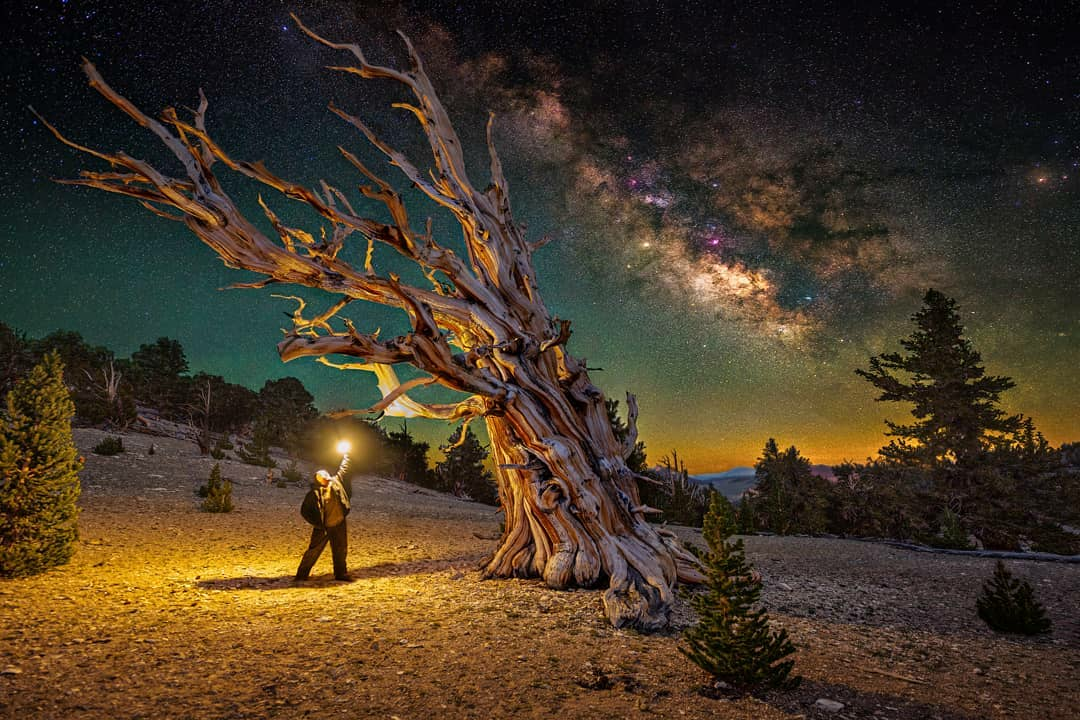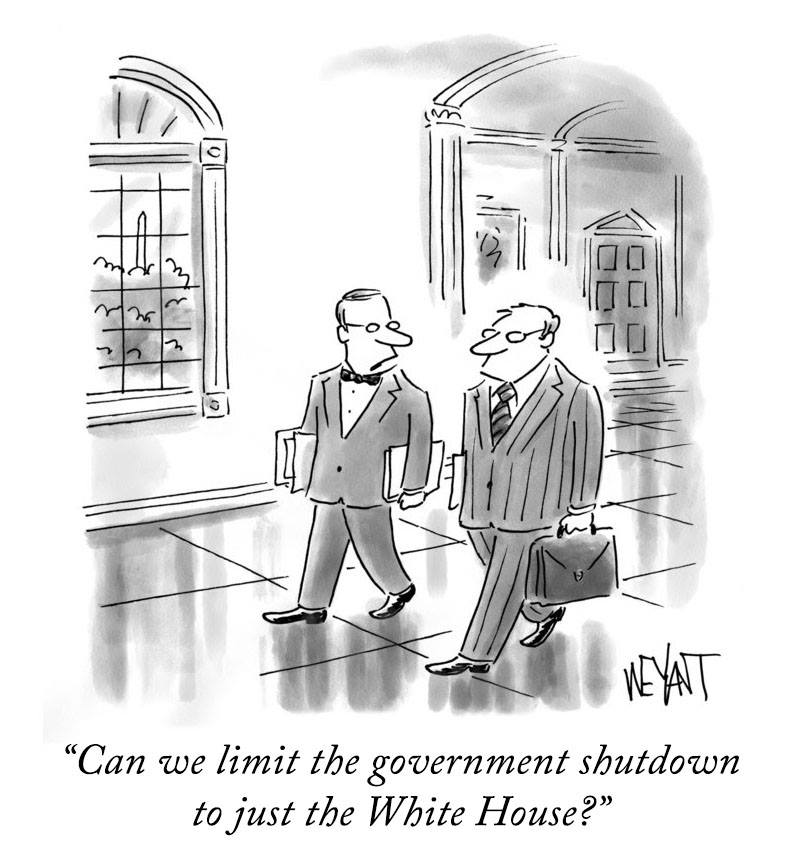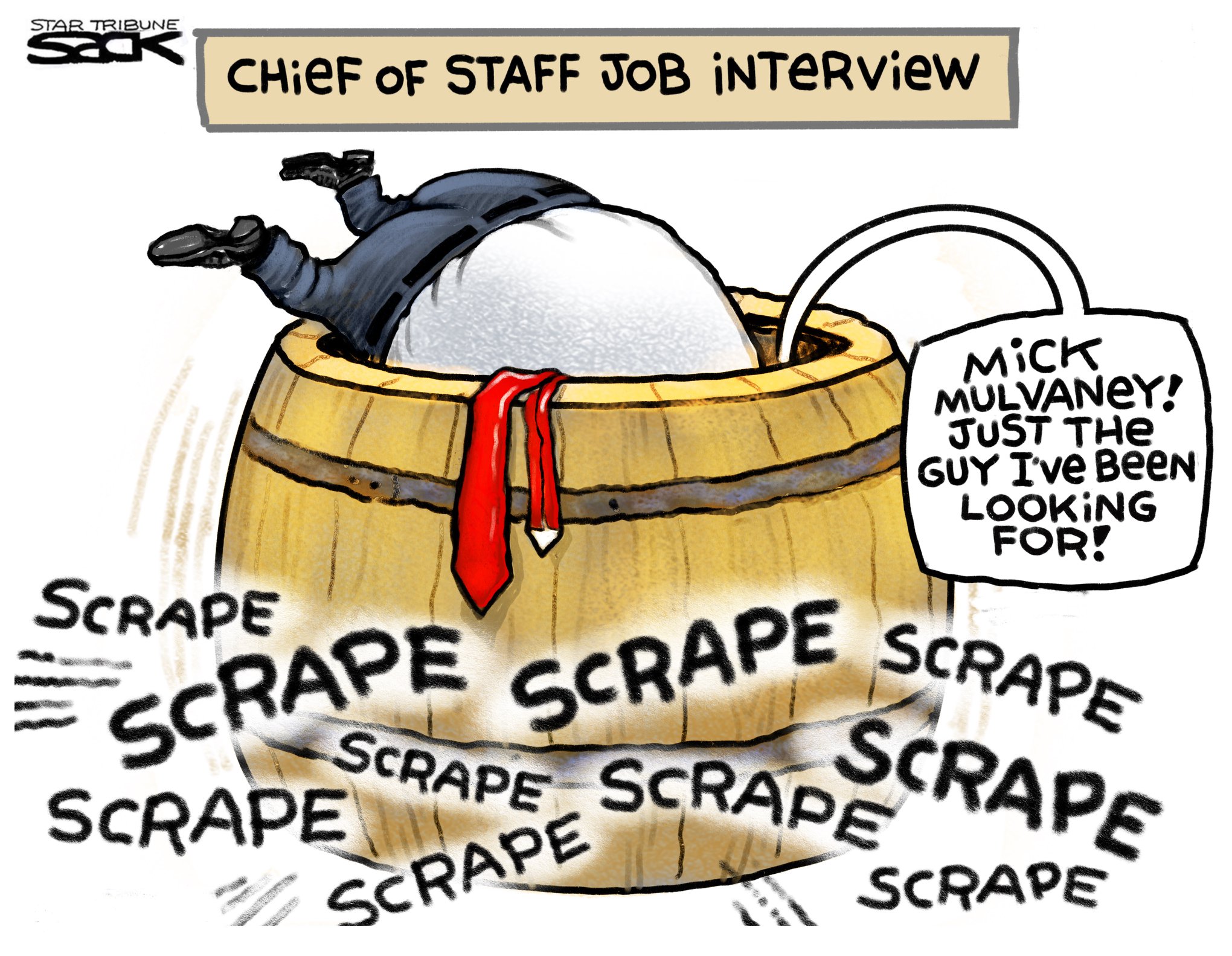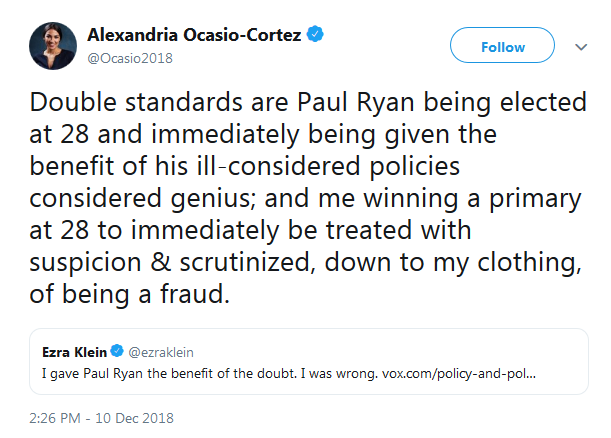The Daily Escape:

Military parade in Kremlin – October, 2018 photo by Wrongo
Wrongo dusted off his 2018 predictions and took a look at how he did. In the 23 categories, Wrongo had 16 substantially correct, and 7 incorrect for a 69.5% average. That would have been a “D” at his university. Of course, some grades could have been weighted more heavily than others, but we’re not grading on a curve here at Wrong U.
What follows are the 2018 prediction, followed by the 2018 result:
The US economy as measured by GDP will grow at greater than 2% for 2018.
- Wrongo wins! The economy grew at an average rate of 3.65% in the four quarters through Sept. 30, 2018.
The US stock market as measured by the S&P 500 Index will end 2018 with little or no growth over year-end 2017.
- Wrongo loses. Heading into Friday’s trading session, the Dow was down 6.4% in 2018, and the S&P 500 was off 6.9% for the year.
The Trump tax cuts will increase the deficit, and despite Paul Ryan’s best (or worst) efforts to push the country into austerity, that can will be kicked down the road for a few more years.
- Wrongo wins! The Trump tax cuts increased the deficit to $1 trillion on an annual basis. Paul Ryan leaves office without destroying the social safety net.
The Democrats will not take control of either the House or the Senate in the 2018 mid-term elections.
- Wrongo happily loses. The Dems took the House by winning 40 seats. They lost a net of two seats in the Senate to the Republicans.
Cyber and other forms of meddling by people who wish our democracy harm will continue in the 2018 elections, to broader effect than in 2016.
- Wrongo loses. There is no real evidence that cyber meddling had a greater effect on the 2018 election.
Facebook and Google will be held to account for their failure to tamp down disinformation.
- Wrongo wins! Both are under scrutiny for both their actions and failures to act in 2018.
Trump will continue to flounder as the leader of the Free World, while his “frenemies” in the GOP will continue to try to thwart him on domestic economic legislation.
- Wrongo loses. The Trump tax cut was a big deal for Republicans, despite the fact that few of them felt that they could run on it in the mid-terms.
There will be some form of bi-partisan accommodation on DACA.
- Wrongo lost, and so did the nation.
Trump’s public-private infrastructure deal will not pass the Senate.
- Wrongo wins!
The House will pass legislation that messes with Medicaid, but the Senate will not.
- Wrongo loses. Trump’s 2019 budget proposal called for a $1.5 trillion cut in Medicaid, but it didn’t pass.
Trump will have the opportunity to appoint another Supreme Court Justice.
- Wrongo wins, but America lost. We got Kavanaugh ‘ed.
Trump will have a serious medical issue in 2018, but will not leave office, or be temporarily replaced by Pence.
- Wrongo loses. Trump’s health seems unchanged.
Mueller: By March, MAGA will mean “Mueller Ain’t Going Away”. The storm will crest, a Russiagate conspiracy will be exposed, and crud will fly everywhere. This could lead to the Democrats taking control of one or both Houses.
- Wrongo wins! It looks like conspiracy, not the collusion Trump talks about.
A few additional Trumpets will go to jail, or be tied up in court. Trump will not be impeached by the 2018 Republicans. 2019 might bring a different calculus.
- Wrongo wins! Mueller’s team has indicted or gotten guilty pleas from 33 people and three companies that we know of.
Tillerson and possibly other cabinet members will resign to “spend more time with family”.
- Wrongo wins! At least 40 senior people including 18 who were cabinet-level, resigned.
Middle East:
Syria – by this time next year, the war will be essentially over. Assad will still be in power, and the US will be out of the picture. The Syrian Kurds will switch sides, and collaborate with the Assad regime.
- Wrongo Wins! We’re pulling out, and the Kurds have switched sides.
Iran – the current protest movement will fizzle out. Neo-cons in Trump’s administration will try to bring us close to war with Iran, but cooler heads at the Pentagon will prevail.
- Wrongo wins! The protest movement did fizzle. Trump ended our participation in the Nuclear Deal and we re-introduced sanctions. We’re no longer on speaking terms with Iran.
Famine and death in Yemen will continue to be ignored by everyone in the US.
- Wrongo won, but the Yemenis and world lost.
Russia, China, and Iran will have a “come together” moment, possibly resulting in an agreement for mutual economic cooperation.
- Wrongo wins! Russia and China are indeed closer together, what with Trump as a common enemy.
Russia will continue to face ongoing battles with the US, but Putin will persist.
- Wrongo wins! Putin persisted.
Ukraine: The US delivery of anti-tank missiles to the Ukrainian army will not cause them to begin military operations in the east.
- Wrongo wins! We provided the weapons, they avoided attacks in the east.
Europe: The right-wing authoritarian movements in the Eurozone and England will become a larger factor in their domestic politics. Brexit will occur, and no one in the UK will be happy about the outcome.
- Wrongo wins! Right-wing political parties are a bigger threat than ever throughout Europe. Brexit happened, with the final outcome still unclear, but no one is happy.
Will there be a war or “incident” with North Korea? Despite the scary politics, the Seoul Winter Olympics will keep the situation from escalating through June. The second half of 2018 could lead to some kind of incident between the US and NorKo, but will not be a nuclear incident.
- Wrongo wins! There was no scary incident, in fact, relations have been slightly improved.
The year is almost ended, and we can’t pretend that America slid by with more than a D itself. Early in the New Year, we will make a series of predictions for 2019.











 It’s pathetic how journalists and Republicans often say that Ryan is a thoughtful and principled member of Congress, a genius by some accounts. He is lauded for being elected to the House at age 28, and working his way up to Speaker. But he’s left few footprints on important legislation, except for the Trump tax cut in 2017.
It’s pathetic how journalists and Republicans often say that Ryan is a thoughtful and principled member of Congress, a genius by some accounts. He is lauded for being elected to the House at age 28, and working his way up to Speaker. But he’s left few footprints on important legislation, except for the Trump tax cut in 2017.



